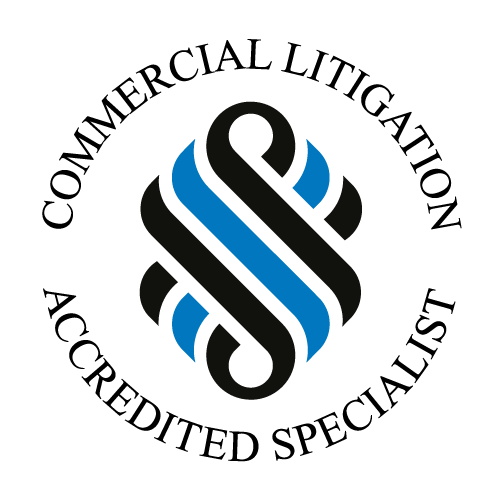A person is defamed when another person communicates (or publishes) material (in spoken, written or pictorial form) about an individual (must be a living individual) or a company (which must be a non profit organisation or a company with less than 10 employees which is not related to another company) which is defamatory because it:
- injures their reputation by exposing them to hatred, contempt or ridicule
- causes people to shun or avoid them, or
- lowers their estimation in the mind of right thinking members of society.
At law a statement can convey a defamatory meaning (an imputation):
- by their natural and ordinary meaning
- by a false innuendo, when there is a secondary meaning which comes from reading between the lines
- by a true innuendo, where the insult comes from reading the words used in light of other facts known by the recipient of the words or pictures used
Defamation law recognises a number of circumstances in which the interest in the material being published outweighs the potential damage to a reputation.
Some of the defences to defamation actions include:
- justification
- contextual truth
- absolute privilege
- honest opinion
- qualified privilege
If these elements are met, and provided no valid defence or privilege exists, then a party defamed may be entitled to damages for damage caused by the defamation to his or her reputation and for the emotional hurt of the lies or the insults. An injunction may also be obtained to prevent further defamatory publication so as to protect your character.
It is unnecessary to prove that you suffered any actual losses because damages in defamation are often compensation for embarrassment and hurt feelings. However, pursuant to recent amendments made to the Defamation Act 2005 (Qld), a plaintiff must now prove that the defamation has caused, or is likely to cause, serious harm to the reputation of a person.
A claim for damages for defamation must be commenced within 1 year after publication of the offending lies or insults, although in some circumstances that timeframe can be extended to three years.
With the advent of various social media platforms, the risk of defamation is becoming more prevalent in today’s society.
Our defamation litigation lawyers have considerable experience acting on behalf of clients who have been defamed and also defending clients that have been accused of defamation. Whether you have been defamed or have been accused of defaming someone, it is imperative you seek urgent advice from our expert defamation solicitors as the law is complex and time limits apply.







